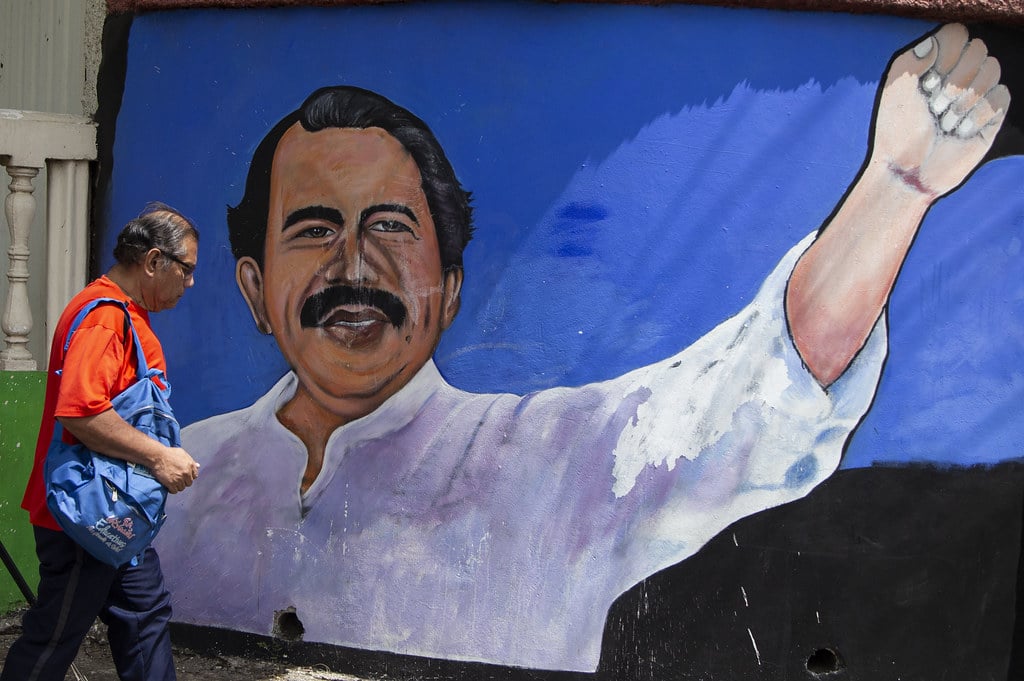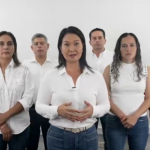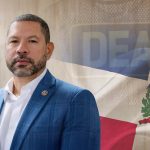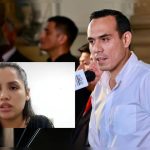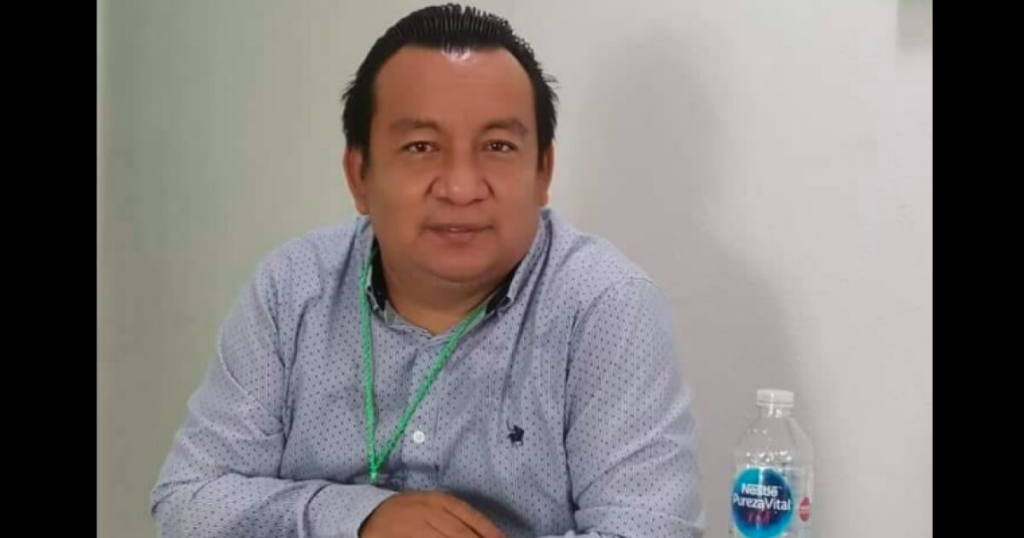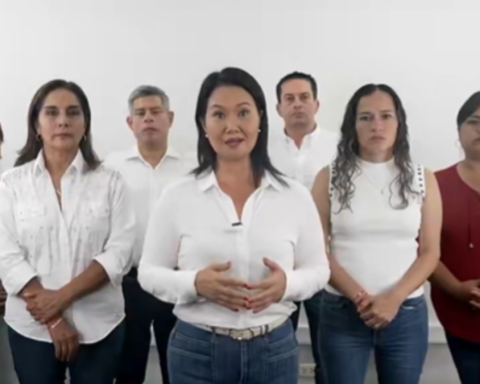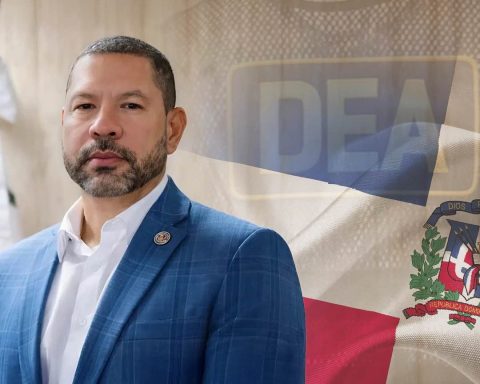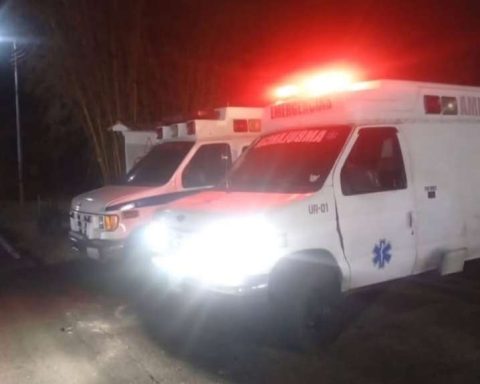Nicaragua, El Salvador, Guatemala and Honduras are facing a serious crisis of democracy, human rights and public liberties, in which Nicaragua is at the forefront, journalists from the region assessed in a forum on the subject, organized by the David Rockefeller Center for Latin American Studies.
“For Central America, (the crisis in Nicaragua) already merits a reaction from the democratic forces, first of all the permanence of the Ortega regime in power and the international tolerance of some nations, such as Mexico and Argentina, encourages the development of authoritarian tendencies in the governments of the region, of any political persuasion. Second, the political crisis already represents a migration problem not only for Costa Rica, but also for the United States,” explained the Nicaraguan journalist and director of CONFIDENTIALCarlos Fernando Chamorro.
The journalists Jennifer Ávila, editor-in-chief of Contracorriente, in Honduras; Oscar Martínez, editor-in-chief of El Faro, in El Salvador, and Claudia Paz y Paz, a Guatemalan criminal law specialist, academic, judge, and litigator, presented a regional perspective that shows patterns and fissures in the democracy of these nations, which in turn throws similarities with the crisis in Nicaragua.
The journalist from El Salvador described how the Government of Nayib Bukele has repressed freedom of the press, has gained political control and has modified the laws so that they will allow him to continue his term in the long term, when the presidential re-election is approved, as happened In Nicaragua.
“We believe that we no longer live in a democracy, we live in a hybrid regime that has many elements of an authoritarian regime and just a make-up of what remains of democracy,” said the Salvadoran journalist, who also described how to do journalism in this country. it became more difficult after Bukele came to power.
In January, the digital newspaper El Faro denounced that at least 22 members of its newsroom, including journalists and executives, were intervened 226 times with the Israeli program Pegasus, between July 2020 and November 2021. “It is very difficult for this year to end. without the current regime arresting any of us, this is a situation that has already occurred in other countries, we have no indication that this authoritarian act will end soon.
fragmented democracy
For her part, the Honduran journalist Jennifer Ávila explained that this nation is facing a transition from autocracy to democracy with a government that presents itself as “the savior”, but that already shows irregularities.
“The first actions of this Government have definitely been devastating because even with the Congress in conflict, a part of the deputies have already elected the attorney and the deputy attorney of the Republic – who is like the State attorney – and there were many vices in that election. In addition, a law was approved to punish the 2009 coup that includes an amnesty for several crimes, including some that have to do with corruption, “he said.
Paz y Paz added that in the region, Guatemala was one of the countries that had impressive advances in democracy with the installation of the International Commission Against Impunity (CICIG) and the justice system of the criminal investigation system.
“Unfortunately all this had a very high cost, former political presidents, families that had enjoyed practically unlimited power for many years, this status quo was threatened and allied in what we call a pact against corruption in favor of impunity” , he claimed.
Likewise, he explained that “since 2019 what we have seen is an escalation, a continuous movement towards the weakening of democracy as Óscar (from El Salvador) mentioned; to full control, to limit all the counterweights to the power of the Executive, as happened in Nicaragua (…) and I relate it like this because they are patterns that we are seeing happening in other countries and this authoritarianism is sadly contagious.”
Democracy accumulated fissures for years
The Nicaraguan journalist, who described the processes of democracy that the country has experienced since 1979, going through the transition of 1990 until the return to the Presidency of Daniel Ortega and his fifteen years of Government, pointed out that this country did not have a consolidation.
“The case of Nicaragua should be studied as the transition to inclusive and failed democracy in which today a dictatorship is trying to consolidate itself that progressively dismantled democratic institutions in the last 15 years and that since 2018 has imposed a de facto police state, like a dictatorship totalitarian”, he valued.
In the case of El Salvador, Martínez indicated that the current president, Nayik Bukele, enjoys strong populism as a result of a country without democratic consolidation, without a deep reconciliation process after the war, and a population tired of politics.
“The last four presidents who belonged to the traditional ultra-right and the FMLN are either refugees in Daniel Ortega’s Nicaragua -the two from the left- accused of having stolen millions of dollars, another of them is in jail after accepting that he stole more of 300 million dollars and another of them died in a trial before being convicted of stealing several million dollars that were earmarked for repairs after the earthquakes that this country experienced at the beginning of the century”, he described.
Ávila also highlighted the role of the United States in these processes of democracy. In the specific case of Honduras, it was decisive that Juan Orlando Hernández has been a strategic ally of the United States, even operating this entire large structure of corruption and drug trafficking. But he also explains that the role of the US and the international community is important in restoring democracy.
“The sanctions are important, these mentions of the corrupt actors (such as JOH) and the punishments in the United States for these corrupt actors set a precedent not entirely of justice but of a little responsibility that falls on these people” , he pointed.
Meanwhile, the Guatemalan litigant explained that the mistake of this nation was to leave intact certain powers that are pulling down the reforms that were achieved by going from war to peace. “I think that it was not really possible to transform Guatemalan society based on the Peace Accords and they were unfinished processes,” she said.
